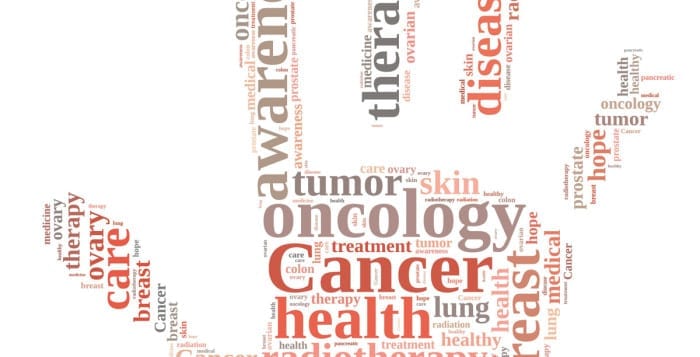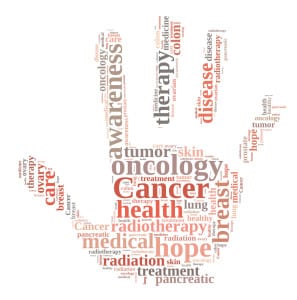We had such a wonderful relationship. I wondered whether this was it. Could this be the one that I remember years from now, that I think about when I’m feeling down, or that I go back to when I hear the phrase “the good old days”?
It was better than good for a while. You were incredible and so supremely satisfying. There was electricity, energy and a belief that this connection was something extraordinary. It gave me so much to look forward to, day in and day out, because I knew you’d be there for me.
I was dealing with a lot this summer. My family moved to North Carolina. I lost the close proximity to the friends, neighbors and nearby family I’d taken for granted for all these years.
It was harder to see you at first. But that didn’t stop the connection, from allowing me to enjoy the promising magic ride. Maybe modern technology minimized the distance, maybe it was just some perceived link, but I believed in you, in us, from so far away.
My wife has become accustomed to the annual search for this kind of closeness with you. She’s extraordinarily supportive of my emotional well-being. She knows that I need you, even if you don’t always seem to need me. She appreciates that I don’t need to try to defeat this kind of addiction.
She knows that I had a connection with you long before she came along and she doesn’t try to get in the way of that. She hasn’t tried to change me or turn my attention to other passions. She also knows that, when all is right between you and me, she and I have a better relationship because I’m a better-adjusted person who believes anything is possible.
It was such a whirlwind this time. Even when you seemed on the precipice of disappointing, you found a way to come through. You put a smile on my face as I went to bed, knowing that you’d done it again and that the sky really was the limit.
Of course, I recognized that it would never be so spectacular for all these months. I knew there’d be some nights when I might feel like pulling away, when I might think about dedicating my time, attention and passion elsewhere. I didn’t disconnect because I wanted it to work out. I pushed the warning signs away, even if I started to feel as if the separation and the potential through the middle of the summer fell short of my hopes.
Ultimately, as you know all too well, people remember the biggest moments. When these monumental days arrived, you seemed ready.
Initially, you didn’t disappoint. But, then, something happened. It was as if the nagging concerns I had through the summer came back to haunt us. You hadn’t changed at all: It’s just that I saw the weaknesses, the deficiencies and the problems that limited you.
You fought bravely to hold on, but it just wasn’t meant to be. The Red Sox and their fans, as it turns out, will continue to move forward, driven by the belief that those 108 wins will propel them all the way to the World Series.
For me, I can only look back and smile, wondering about what could have been after that spectacular start and hope that, maybe next year, the Yankees and their dedicated fans from near and far will bask in the progression from summer success to the fall classic.


 The best treatment plan is a multifaceted approach, said Marco Palmieri, D.O. Palmieri is medical director of the Center for Pain Management at Stony Brook Medicine. “A pretty high percentage” of post-mastectomy patients experience pain, he said. He and his colleagues recommend a well-structured regimen that could include medications, interventional approaches, physical therapy, acupuncture, massage therapy, diet, exercise and, in some cases, treatment by a pain psychologist, Palmieri said.
The best treatment plan is a multifaceted approach, said Marco Palmieri, D.O. Palmieri is medical director of the Center for Pain Management at Stony Brook Medicine. “A pretty high percentage” of post-mastectomy patients experience pain, he said. He and his colleagues recommend a well-structured regimen that could include medications, interventional approaches, physical therapy, acupuncture, massage therapy, diet, exercise and, in some cases, treatment by a pain psychologist, Palmieri said.


